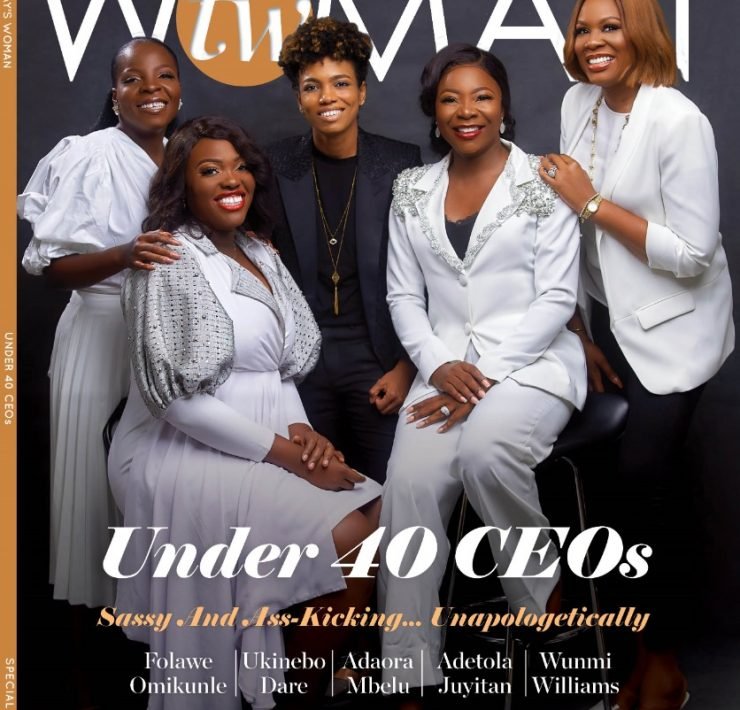External Reserve Hits New Low, Below 4 Months Import

The stress of dwindling oil revenue is mounting on the economy as external reserve drops below USD30 billion last week, indicating less than four months import bill. The decline which came with last week’s withdrawals for meeting forex demands put the total figure at USD29.9 billion.
The international standard for healthy reserves is six months import cover, which for Nigeria should be about USD48 billion. Nigeria’s external reserves had crossed USD60 billion mark, indicating over eight months cover, or literally excess reserve of over USD10 billion a year ago just before the oil price decline.
The pressure on the reserves was worsened by the relentless defense of the Naira by Central Bank of Nigeria (CBN) since last year even when it was clear that the exchange rate was unsustainable at official rate of N155/ USD1 before the apex bank was forced to accept a devaluation to N199/ USD1 in the fourth quarter 2014. At current level the reserve has hit below its lowest point in the past 10 years.
CBN had attributed the pressure on the external sector to unscrupulous demand for foreign exchange and had subsequently scrapped its auction system early this month. Also the apex bank is going after the dollarization of the domestic economy which it felt had added to the unwholesome demand for the resources already in depletion by supply crash.
A continued decline in external reserve at current rate would trigger a call from either the International Monetary Fund or the World Bank, which will both be keen on offering financial assistance, according to economy observers. With the pressures it is clear that the Federal Government would resort to external borrowings to manage the challenges.
Apparently in anticipation of this development the Finance Minister and the Coordinating Minister for the Economy, Dr Ngozi Okonjo-Iweala, had in January this year, hinted of plans to augment capital spending with “external long-term concessional borrowings for infrastructure projects”. Among those being courted to provide the funds are the World Bank and China. According to economy experts ‘’Nigeria may continue to explore other options in addressing its revenue gap problems so as to avoid dialling the IMF/ World Bank, but should the oil crisis linger longer than expected, and Nigeria’s foreign revenue continues to dwindle, that call may become inevitable.
Nigeria’s federally collected revenue is likely to decline further by about 25 per cent this quarter. The chief executive officer, Financial Derivatives Company Limited (FDC), Mr. Bismarck Rewane had alluded to this pessimistic future in a presentation recently in Lagos saying that the declining revenue will serve as a wake-up call for Nigeria. According to him, decline in prices of other commodity is unlikely to cushion the effect of lower oil exports on the balance of trade, adding that the wake –up call would essentially focus on improving domestic tax income while diversifying export earnings sources.
Culled from Vanguard Nigeria
Sign Up to Our Newsletter
Get notified about exclusive offers every week!









